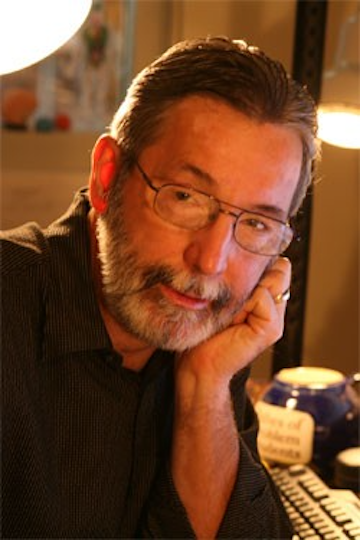George Spilich

Education
- B.A University of Wisconsin
- M.A. University of Texas El Paso
- Ph.D. University of Pittsburgh
Background & Research
I am a cognitive neuroscientist and a biostatistician whose research explores how environment and expertise influence how the brain creates the experience of consciousness. For this reason, most of my efforts in the lab have explored the intersection of memory, attention and language comprehension. I served as a department chair for 20 years and in the 1988-89 AY I succeeded two-time Nobel Prize winner Linus Pauling as the Fulbright Research Fellow for Yugoslavia. I spent the year in the departments of neurology and nuclear medicine at the University of Zagreb Hospitals in Croatia where I was part of a team that developed and tested treatments for dementia MS, industrial exposure to solvents, etc. I am an external program reviewer who has participated in over 24 program reviews of undergraduate programs.
My research interests explore the processes that underlie encoding, storage and retrieval of information; essentially, how does a biological system create expertise and then how does disease and damage disrupt that mechanism? That focus led to investigating the impact of nicotine on memory and attention, and also how mild traumatic brain injuries affect memory and attention in young heathy adults. I also have an interest in how biological sex and sexual orientation influence cognitive processes. My research has been cited over 1500 times in the professional literature.
Courses taught
General Psychology, Cognitive Psychology, Cognitive Neuroscience, Sensation and Perception, Biopsychology, Neuroscience Research Methods, Advanced biostatistics and experimental design, Life-Span Developmental, Developmental Psychology, Adult and Aging Development, Human Sexuality, Human Factors, and a wide range of first-year seminars in brain and behavior.
Current Work
I am the author of Behavioral Neuroscience, a textbook which presents the neurophysiological aspecs of behavior to the 21st century, digital-native learner in the context of human experience. Whether the student has enrolled in the course to prepare them for a career in medicine or science, or they are fullfilling a general education science requirement, Behavioral Neuroscience is written to meet them where they are. Behaviour Neuroscience is published by John Wiley, a global leader in academic publishing.